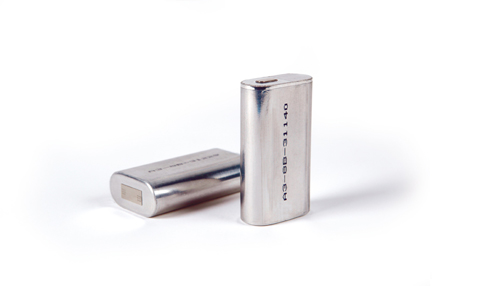 Corporate deal-making has exploded in the past few weeks sustaining modest stock market gains despite volatile price trends in commodities like oil and food (not to mention billion-dollar war games in Libya). We’ve seen AT&T attempt to gobble up T Mobile, Proctor and Gamble dispense with Pringles for $2.35 billion, and now U.S. Foodservice has announced their purchase of WVO Industries of Blufton, SC.
Corporate deal-making has exploded in the past few weeks sustaining modest stock market gains despite volatile price trends in commodities like oil and food (not to mention billion-dollar war games in Libya). We’ve seen AT&T attempt to gobble up T Mobile, Proctor and Gamble dispense with Pringles for $2.35 billion, and now U.S. Foodservice has announced their purchase of WVO Industries of Blufton, SC.
OK, while WVO Industries, a waste to biofuel processing firm, doesn’t have the volume or blue chip pedigree of those other acquired brands, U.S. Foodservice’s decision to acquire them is a notable move for what it says about how the firm plans to reduce operational expenses via sustainability strategies.
According to the press release, WVO manufactures B20, an 80/20 diesel/biodiesel blend from purifying leftover vegetable oil from commercial kitchen operations. The recycled “yellow grease” as it commonly referred to in the industry, will be used in U.S. Foodservice’s Columbia, SC division where it plans to use 200,000 gallons of converted waste for energy annually beginning in 2011. The firm also hopes to convert enough vegetable oil into 400,000 gallons of bio feedstock per year. This will allow the company to sell its oversupply of biodiesel and bio feedstock to outside companies.
A quote from a U.S. Foodservice exec:
“We expect to duplicate the success of the Columbia biodiesel operation at other U.S. Foodservice divisions to offer customers nationwide an opportunity to contribute to the sustainability of our environment by reducing dependence on petroleum and cutting greenhouse gas emissions,” said Michael Frank, Vice President of Operations Excellence, U.S. Foodservice.
Another interesting note on U.S. Foodservice is the firm is majority owned by the NYC private equity behemoth Kohlberg Kravis Roberts & Co., who places this investment in its Green Portfolio Program.
There’s no doubt this appears to be a savvy operational and visibility investment for KKR, but does anyone worry how there’s a perverse incentive that encourages Americans to eat more deep-fried foods?
Image credit by benweller via Flickr under a CC license









